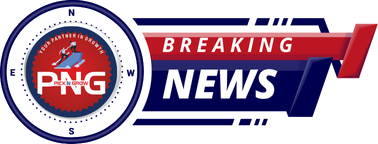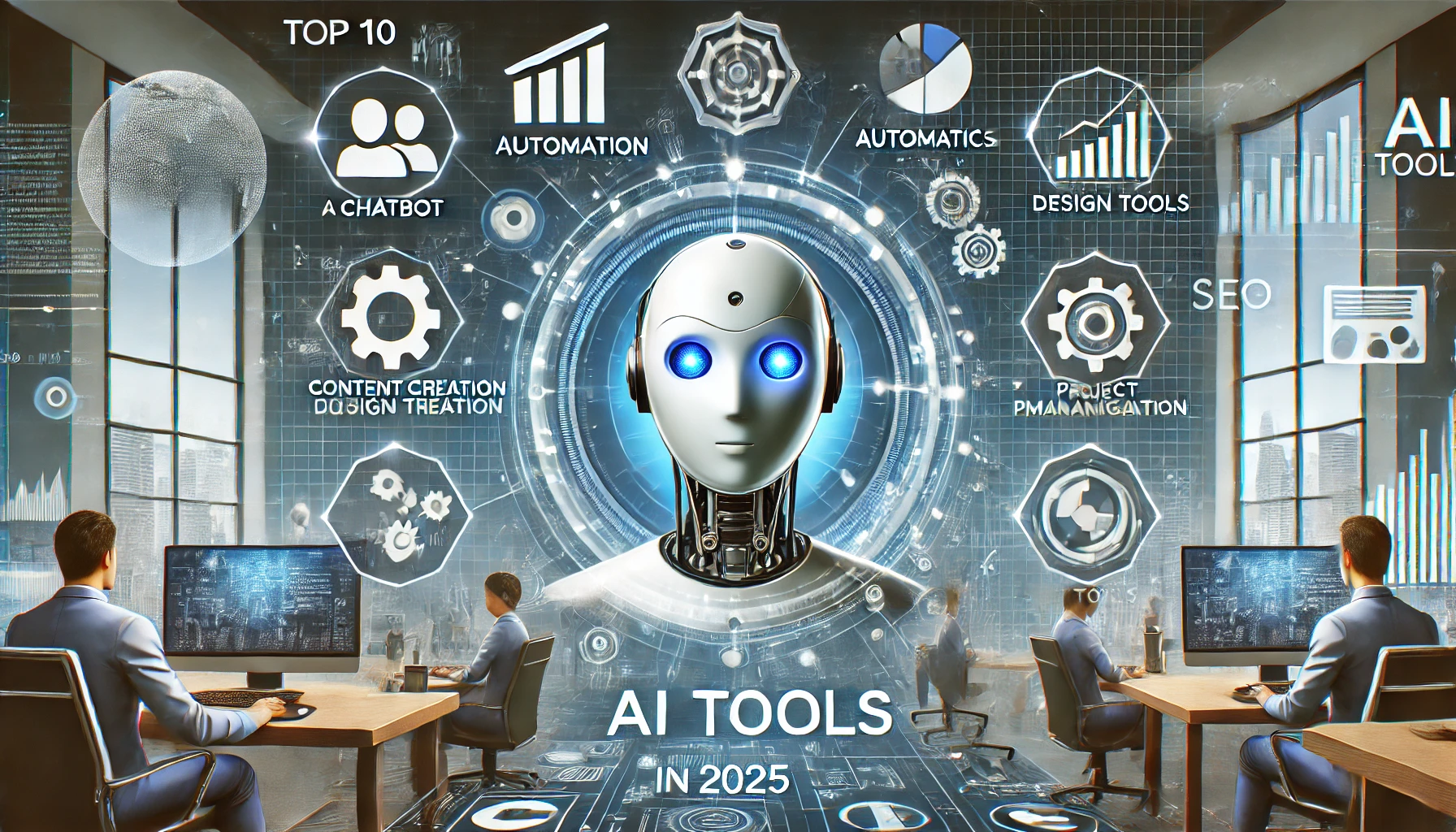The Evolving Landscape of Manufacturing Business Ideas in 2025
The manufacturing sector in 2025 stands at the crossroads of innovation and transformation, driven by rapid technological advancements and shifting consumer demands. Industry 4.0 technologies, such as artificial intelligence, robotics, and the Internet of Things, are revolutionizing production processes, enhancing efficiency, and reducing costs. Simultaneously, sustainability goals and regulatory pressures are leading businesses to adopt eco-friendly manufacturing methods and renewable energy sources. The rise of customization and on-demand production is reshaping traditional supply chains, emphasizing agility and responsiveness. In this dynamic environment, emerging market trends and global connectivity open new opportunities for entrepreneurs eager to explore innovative manufacturing business ideas.
Emerging Trends Driving High-Demand Manufacturing Businesses
Emerging technologies and shifting consumer preferences are shaping the future of manufacturing. Industry 4.0 innovations, such as automation, artificial intelligence, and IoT, are enabling manufacturers to enhance efficiency and reduce operational costs. The growing focus on sustainability is driving demand for eco-friendly production methods and biodegradable materials.
Customization at scale is gaining traction, with configurable product designs becoming a standard expectation. Electric vehicles and renewable energy solutions are fueling demand for new components and materials. Furthermore, advancements in 3D printing are transforming prototyping and on-demand production models. Regulatory changes and trade dynamics also influence key manufacturing decisions, steering businesses toward agility and innovation.
Sustainable and Eco-Friendly Manufacturing Opportunities
The growing emphasis on sustainability and environmental responsibility has opened up diverse business opportunities in manufacturing. Entrepreneurs can explore:
- Biodegradable Packaging: The rising demand for alternatives to single-use plastics presents a lucrative market. Producing packaging from materials like plant fiber or bioplastics aligns with eco-conscious consumer preferences.
- Solar Panel Manufacturing: As the renewable energy sector expands, creating solar panels and associated components offers strong growth potential and contributes to decarbonization efforts.
- Recycled Product Manufacturing: Businesses specializing in goods made from recycled materials, such as clothing, furniture, or construction materials, can tap into a growing demand for circular economy practices.
- Energy-Efficient Appliances: Manufacturing appliances with advanced energy-saving technologies meets the demand for greener, cost-effective solutions.
These ventures reduce environmental impact while addressing marketplace trends.
Tech-Driven Manufacturing: Robotics, AI, and IoT Innovations
The manufacturing industry is undergoing a radical transformation fueled by cutting-edge technologies such as robotics, artificial intelligence (AI), and the Internet of Things (IoT).
- Robotics: Robotics is enhancing production efficiency, precision, and scalability by automating repetitive and complex tasks. Collaborative robots (cobots) are enabling seamless human-machine interaction.
- AI Integration: AI is optimizing decision-making through predictive analytics, quality control, and supply chain management. Machine learning models detect defects early and reduce waste.
- IoT Applications: IoT enables real-time monitoring of equipment, predictive maintenance, and interconnected operations. Smart sensors improve data collection and operational transparency.
These innovations collectively empower manufacturers to reduce costs, improve product quality, and accelerate time-to-market, transforming traditional processes.
Niche Markets: Custom and Specialized Product Manufacturing
The demand for business ideas for custom and specialized products has surged with the rise of personalization trends and industry-specific needs. Manufacturers catering to niche markets create tailored solutions for sectors such as healthcare, aerospace, and luxury goods. Opportunities include small-batch production of medical devices, customizable packaging solutions, and bespoke components for industrial machinery.
Small businesses can thrive by offering exclusivity, flexible production methods, and innovation-driven designs. Leveraging modern technologies, such as 3D printing and CNC machining, allows manufacturers to meet individualized needs efficiently. Expanding into underserved markets or creating eco-friendly, sustainable products can further amplify business growth in this evolving segment.
Reshoring and Localized Production as a Business Strategy
Business Ideas Reshoring, the practice of bringing manufacturing operations back to domestic markets, has gained significant traction as a strategic approach for modern businesses. This trend addresses rising global supply chain disruptions, geopolitical tensions, and increasing consumer demand for locally produced goods. Companies adopting localized production benefit from reduced transportation costs, faster delivery times, and improved quality control.
Key advantages of reshoring include:
- Enhanced supply chain resilience, minimizing exposure to international uncertainties.
- Economic stimulation, creating local jobs and supporting domestic industries.
- Sustainability benefits, reducing carbon emissions tied to long-distance shipping.
Businesses leveraging this strategy position themselves as adaptive and customer-centric, aligning with shifting market priorities.
Exploring the Role of Additive Manufacturing and 3D Printing
Additive manufacturing Business Ideas, commonly known as 3D printing, are revolutionizing the manufacturing industry by enabling efficient, customized production. Unlike traditional subtractive methods, this technology builds components layer by layer, minimizing material wastage. Its applications span various sectors, from aerospace and healthcare to automotive and consumer goods.
Key benefits include faster prototyping, on-demand manufacturing, and tailored product designs. Businesses can leverage 3D printing to create lighter parts, improve supply chain flexibility, and reduce costs associated with inventory storage.
Emerging innovations such as multi-material printing and bio-printing further expand its potential. Additive manufacturing continues to redefine scalability and innovation in modern manufacturing processes.
Smart Packaging Solutions: A Growing Subsector
The rising demand for intelligent packaging is transforming the manufacturing industry. Smart packaging incorporates advanced materials and technologies, enhancing product safety, quality monitoring, and consumer engagement. Key innovations include RFID tags, printed sensors, and temperature-sensitive indicators that provide real-time data.
Companies leveraging smart packaging address the growing interest in sustainability by incorporating biodegradable materials and reducing waste. Expanding applications across industries, such as pharmaceuticals, food, and consumer goods, are driving the market’s growth. E-commerce trends further boost demand, requiring innovative solutions to protect products during shipment.
Investments in research and development are fueling the creation of cost-effective and scalable smart packaging options, ensuring widespread adoption.
Conclusion:
To thrive in the evolving manufacturing landscape, business ideas must prioritize innovation, sustainability, and adaptability. Continuous investment in advanced technologies such as robotics, IoT, and AI will be essential to maintain competitiveness. Embracing sustainable practices, including energy-efficient processes and recyclable materials, aligns with shifting consumer preferences and regulatory demands. Fostering a skilled workforce through training and reskilling programs ensures readiness for future challenges. Strategic partnerships and robust supply chain management will safeguard against disruptions. Simultaneously, leveraging data-driven insights can enhance operational efficiency and decision-making. By addressing these priorities, manufacturers secure relevance and growth in 2025 and beyond.
Learn How to Generate Organic Leads Without any Technical Skill – Organic Leads
Read Our Latest Blog – Hollywood on Strike
For More Interesting Blog & Videos Join Our Whatsapp Channel



